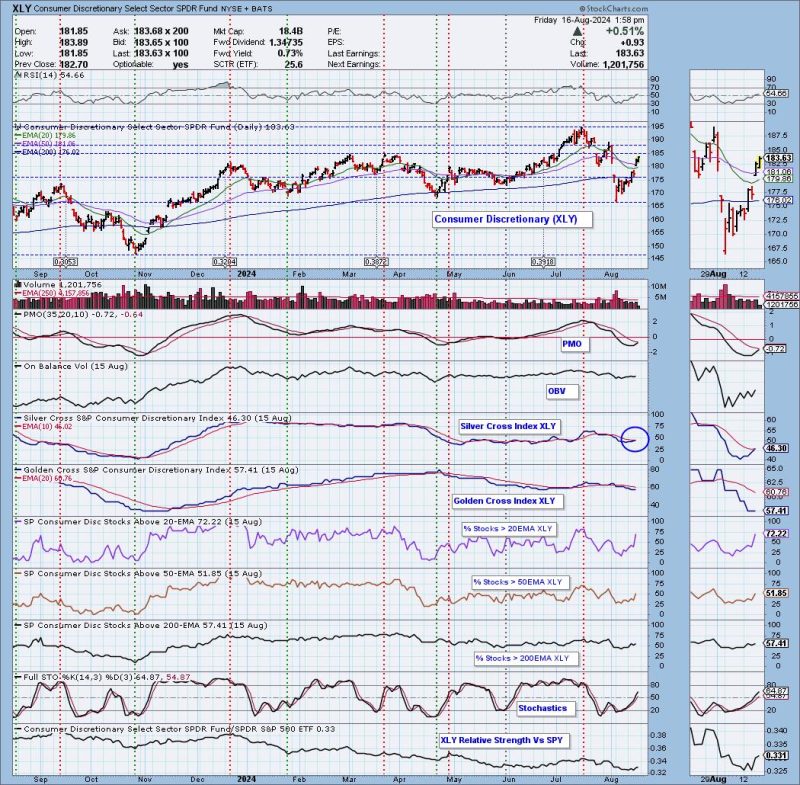Consumer Discretionary: New IT Bullish Bias
Consumer discretionary companies are those that sell non-essential goods and services. This sector is heavily influenced by trends in consumer behavior and sentiment, making it vital for investors to stay informed about the latest developments.
The integration of technology into consumer discretionary companies has been a game-changer, with many firms leveraging IT solutions to improve efficiency, understand customer preferences, and deliver personalized experiences. This shift towards technology-driven solutions has created a bullish bias in the industry, opening up new opportunities for growth and innovation.
One key area where technology is playing a significant role is in the realm of e-commerce. With the rise of online shopping, consumer discretionary companies have been investing heavily in digital platforms to reach a wider audience and drive sales. By leveraging data analytics and artificial intelligence, these companies can better understand consumer behavior, tailor their marketing strategies, and optimize their product offerings.
Another area where technology is making a significant impact is in the realm of personalized marketing. Consumer discretionary companies are now able to use data analytics to segment their customer base and deliver targeted advertising campaigns. By tailoring their messages to specific demographics and individual preferences, companies can increase engagement and drive sales.
Furthermore, the integration of technology has also streamlined operations within consumer discretionary companies. By implementing IT solutions for inventory management, supply chain optimization, and customer service, companies can operate more efficiently and effectively. This not only leads to cost savings but also enhances the overall customer experience.
Moreover, the use of technology has paved the way for innovation in product development within the consumer discretionary sector. Companies are now able to gather real-time feedback from customers, identify emerging trends, and quickly iterate on their product offerings. This agility and responsiveness to consumer demand have allowed companies to stay ahead of the curve and maintain a competitive edge in the market.
In conclusion, the integration of technology into consumer discretionary companies has created a bullish bias in the industry, opening up new avenues for growth and innovation. By leveraging IT solutions for e-commerce, personalized marketing, operational efficiency, and product development, companies can better understand consumer behavior, drive sales, and stay ahead of the competition. Investors should be mindful of these trends and consider the tech-driven advancements when evaluating opportunities within the consumer discretionary sector.


































